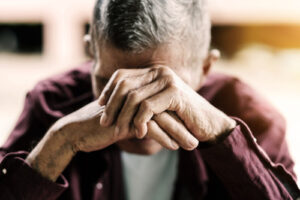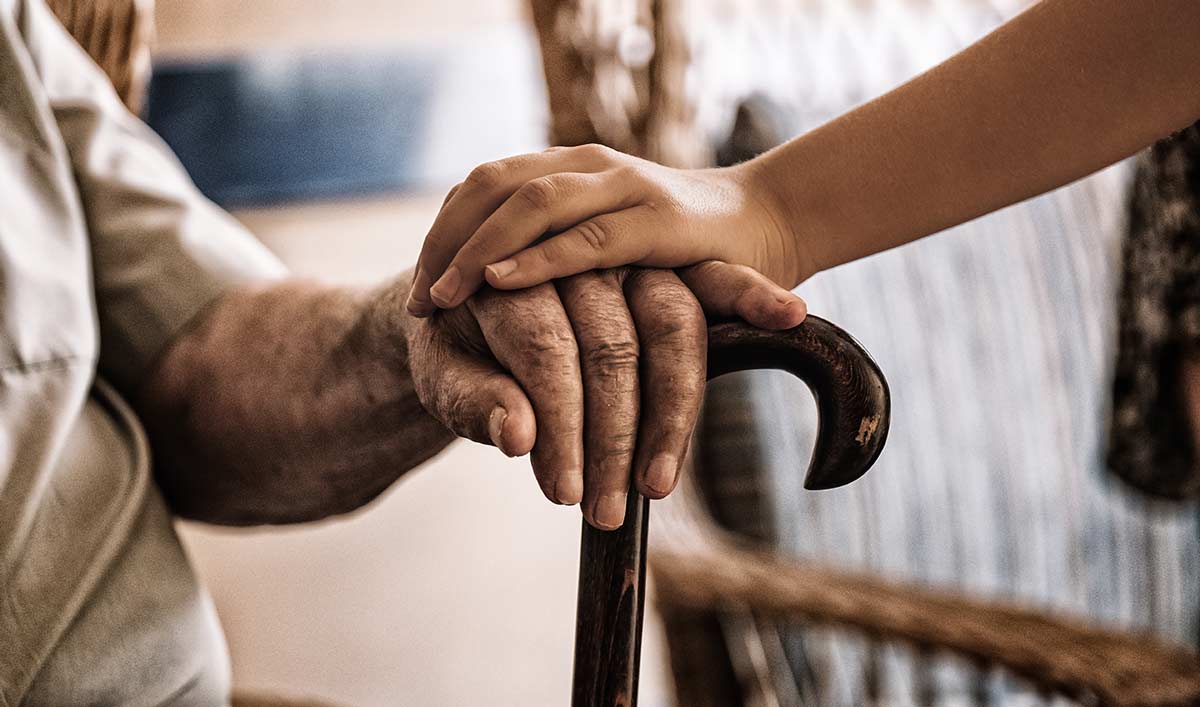In India, the onset of old age often arrives without warning, leaving many unprepared amidst the demands of younger life. With formal awareness programs scarce, the elderly face a silent crisis of neglect.
By Syed Mustafa Ahmad
It is a widely acknowledged reality that a significant number of individuals approach “old age” with limited or no understanding of its implications. While demographically, reaching 60 years marks the onset of old age, there exists no clear-cut indicator for individuals themselves. Each person experiences a turning point where they begin to feel physiologically or functionally “old”, which may occur before or after the age of 60. Unfortunately, in India, formal awareness programs preparing people for old age are almost non-existent, even among higher-level institutions or organizations. For most, old age arrives quietly, catching many unprepared amidst the busyness of their younger and middle-aged lives.
As the saying goes, “We start dying the day we are born.” The aging process is synonymous with declining health. While infectious diseases dominate causes of death among the young in India, older individuals are particularly susceptible to non-communicable diseases. The complexities of declining health due to advancing age are compounded by the lack of accessible, high-quality healthcare tailored to the needs of older individuals in the country. Limited availability, poor accessibility, insufficient information, and high healthcare costs often place adequate elder care beyond the reach of many, especially the poor and disadvantaged.
Addressing declining health among the elderly necessitates prioritizing accessible, high-quality healthcare tailored to their age-related needs. Health services should focus on preventive measures relevant to prevalent diseases in specific regions, alongside comprehensive care and support through primary, secondary, and tertiary healthcare systems. Financial barriers to healthcare must be addressed to ensure that no older person is deprived of necessary medical treatment due to cost constraints. Additionally, holistic approaches encompassing rehabilitation, community or home-based disability support, and end-of-life care are essential to effectively manage elder health challenges.

Economic insecurity poses another significant challenge for the elderly who struggle to maintain financial independence. Many older individuals find themselves unable to sustain previous levels of productivity due to increasing competition, chronic health issues, limited access to resources, and inadequate awareness of their entitlements. Economic vulnerability among the elderly demands tailored interventions akin to those for other age groups, such as youth. Measures should facilitate economic productivity where possible and provide social welfare grants to support those incapable of self-sufficiency. Families and communities can contribute by offering counseling and local governance support to elderly members living with them.
Isolation and profound loneliness are common issues affecting many elderly individuals, often exacerbated by familial or community neglect rather than self-imposition. Addressing isolation requires ensuring that elderly individuals feel integrated into daily familial and societal activities. Organizations involved in elder care, particularly NGOs, play a crucial role in fostering inclusion through individual and family counseling, community leader sensitization, and group awareness sessions. Activities engaging older persons’ skills and time not only promote inclusion but also benefit families and communities.
Elder abuse, a distressing reality, involves intentional or unintentional harm inflicted on vulnerable elderly individuals, often by family members or close associates. Protecting the elderly from abuse necessitates proactive measures, including raising awareness within families and communities. Prevention efforts should educate younger generations about respecting elderly rights and addressing underlying frustrations that may lead to abuse. Elderly individuals themselves should be informed of their rights to empower them against potential mistreatment.
The issue of unpreparedness for old age can only be mitigated through proactive awareness initiatives. Workplace programs can begin this preparation by educating employees about retirement and aging-related issues. For self-employed individuals and those in unregulated occupations like farming, media campaigns and government initiatives, supported by NGOs, are vital for long-term awareness building. Utilizing experienced older individuals to mentor and educate groups on preparing for and coping with old age can significantly enhance readiness across communities. Religious leaders, in their influential roles, can also advocate for compassion towards the elderly, emphasizing their needs akin to those of newborn children, deserving understanding and support rather than neglect.
Addressing the multifaceted challenges of aging requires concerted efforts across society, from healthcare accessibility and economic security to social inclusion and protection from abuse. By enhancing awareness and support systems, society can better prepare individuals to navigate and embrace the later stages of life with dignity and resilience.
The views expressed in this article are solely those of the author and do not necessarily reflect the opinions or views of this Magazine.
Blurb
Many older individuals find themselves unable to sustain previous levels of productivity due to increasing competition, chronic health issues, limited access to resources, and inadequate awareness of their entitlements. Economic vulnerability among the elderly demands tailored interventions akin to those for other age groups, such as youth.

Leave a Reply